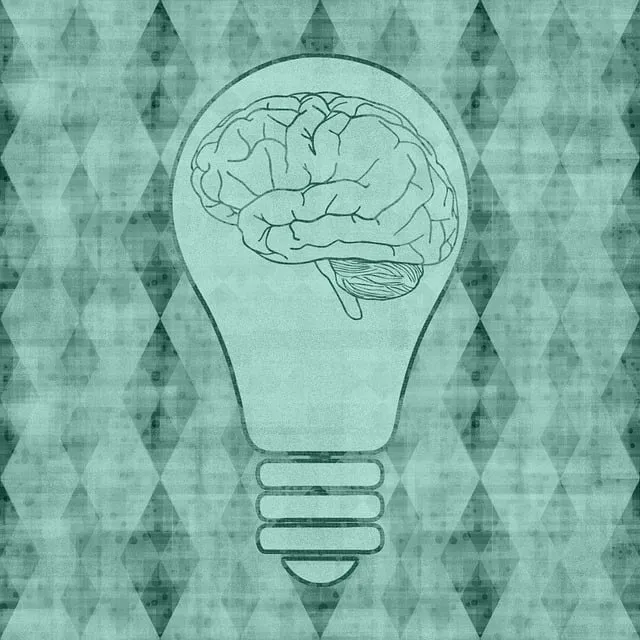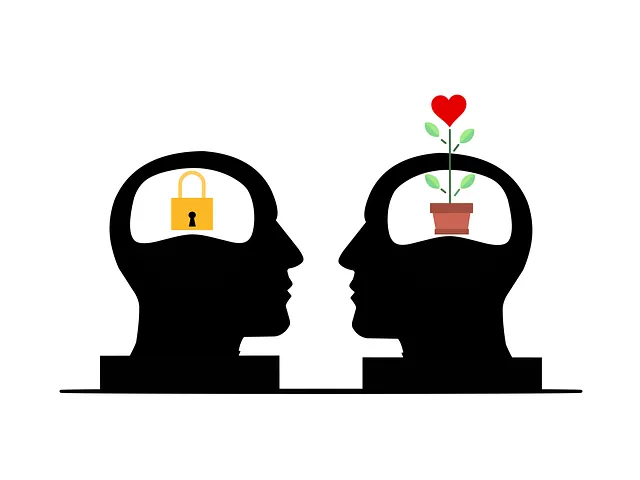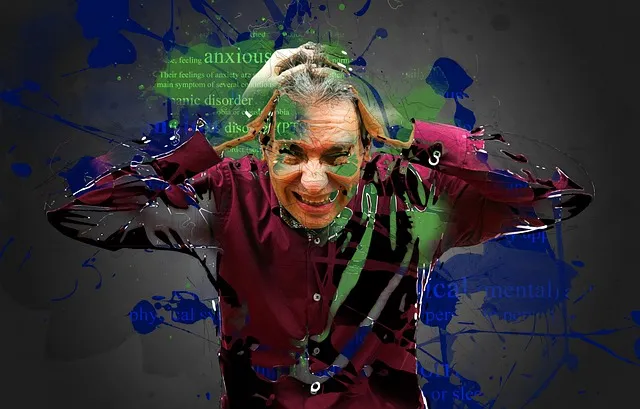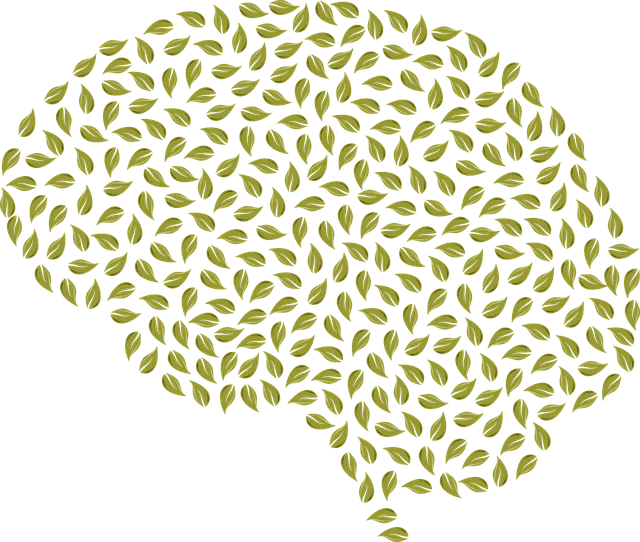Emotional Intelligence (EI) is a key component of superior Kaiser mental health programs, enhancing patient care and interpersonal interactions through empathy, understanding, and trust-building. Kaiser offers evidence-based strategies like mindfulness training and cognitive behavioral therapy to develop EI skills, bridging cultural gaps in healthcare with Cultural Competency Training. Their holistic approach combines public awareness campaigns, accessible resources, and emotional intelligence training to create a supportive environment for positive mental wellness changes, reducing stigma and preventing depression.
Emotional intelligence (EI) is a key component of superior Kaiser mental health programs, fostering holistic well-being and enhancing overall life satisfaction. Understanding EI involves recognizing and managing one’s own emotions while empathizing with others. This article delves into the foundation of EI, explores practical strategies for development, and highlights Kaiser’s innovative approach to creating comprehensive mental health initiatives that prioritize emotional intelligence.
- Understanding Emotional Intelligence: The Foundation of Superior Mental Health Programs
- Unlocking Potential: Strategies for Developing Emotional Intelligence
- Kaiser's Approach: Effective Mental Health Programs for Holistic Well-being
Understanding Emotional Intelligence: The Foundation of Superior Mental Health Programs

Emotional intelligence (EQ) is a fundamental aspect of mental health and well-being, forming the bedrock for superior Kaiser mental health programs. It involves recognizing and managing one’s own emotions, as well as understanding and empathizing with others’ feelings. This ability to perceive and interpret emotional signals enables individuals to navigate complex interpersonal interactions effectively. In the context of healthcare, particularly within Kaiser mental health services, high EQ translates into enhanced patient care. Healthcare providers with strong emotional intelligence can build stronger connections with their patients, fostering a sense of trust and understanding.
The concept is crucial in the implementation of Cultural Competency Training for healthcare professionals, as it promotes sensitivity to diverse cultural perspectives and backgrounds. By integrating emotional intelligence into mental wellness practices, such as Mental Wellness Journaling Exercise Guidance, providers can offer personalized support that resonates with individuals from various cultural walks of life. This inclusive approach ensures that Kaiser’s mental health programs remain effective and accessible to all, contributing to improved outcomes and overall community well-being.
Unlocking Potential: Strategies for Developing Emotional Intelligence

Unlocking one’s full potential often lies in the realm of emotional intelligence (EI). It’s a powerful tool that can transform both personal and professional lives. Superior Kaiser mental health programs offer valuable strategies to develop EI, empowering individuals to navigate life’s challenges with greater ease. These programs recognize that emotional intelligence isn’t just about understanding emotions; it involves regulating them effectively, empathizing with others, and using these skills to enhance communication and build stronger relationships.
By participating in activities like mindfulness training, cognitive behavioral therapy, or group discussions, individuals can improve their self-awareness and gain insights into their emotional triggers. Additionally, cultural competency training for healthcare providers plays a significant role in fostering EI. It helps professionals understand the impact of culture on mental health, enabling them to offer more personalized and compassionate care. This, in turn, contributes to initiatives like stigma reduction efforts and depression prevention programs, creating a more supportive environment for everyone’s mental well-being.
Kaiser's Approach: Effective Mental Health Programs for Holistic Well-being

Kaiser’s Approach to mental health programs takes a holistic view, prioritizing emotional intelligence as a cornerstone for overall well-being. Their superior mental health services go beyond traditional therapy by integrating evidence-based practices and innovative production techniques from their Mental Wellness Podcast Series. This multi-faceted strategy ensures that individuals not only address their psychological needs but also develop resilience and a deeper understanding of their emotions.
By leveraging public awareness campaigns development, Kaiser aims to destigmatize mental health conversations and provide accessible resources for all. Their focus on emotional intelligence fosters a supportive environment where individuals can learn coping mechanisms, enhance self-awareness, and strengthen relationships—ultimately driving positive changes in mental wellness.
Emotional intelligence (EI) is a powerful tool for enhancing individual and collective well-being, as evidenced by superior Kaiser mental health programs. By understanding and cultivating EI through practical strategies, we can create more holistic and effective support systems. Kaiser’s approach underscores the importance of integrating emotional awareness into mental health initiatives, fostering environments where folks can thrive and navigate life’s challenges with resilience and empathy.






